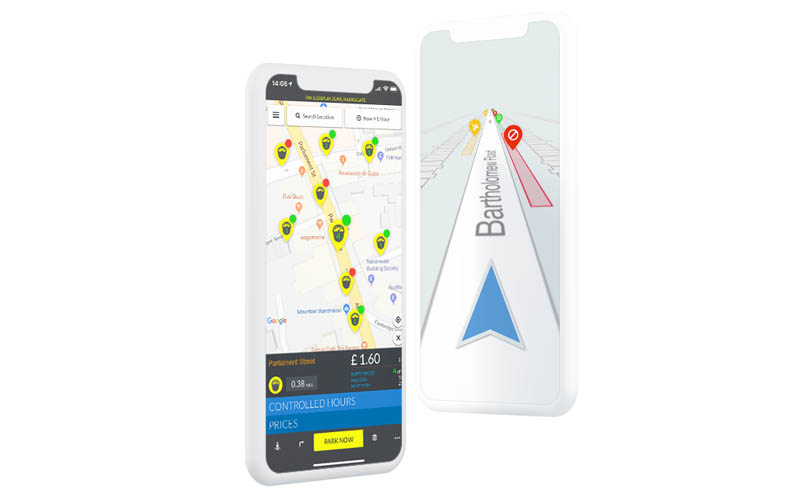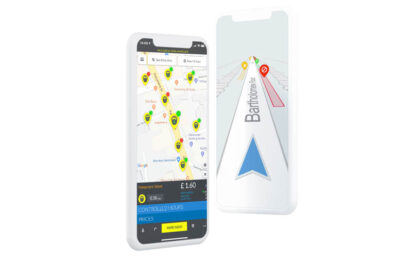Kerbside management and smart parking tech firm AppyWay has launched a £20m Series B funding round.
The new funding will be used to support the organic growth of the platform, strategic acquisitions, further technological investment and international scalability.
The firm’s platform ‘digitises the kerb’, utilising IoT sensors to establish kerbside demand data alongside payment operators, navigation and traffic solutions, mobility and last mile operators, mobile as a service (MaaS) apps, and electric vehicle and infrastructure apps.
With the help of its API, the platform is designed to reduce parking difficulties and ease congestion.
The firm points to official data which suggests 418 councils spend a collective £bn a year operating parking services, while the cost of managing kerb regulation runs to about £126m a year. AppyWay is working with Councils including Milton Keynes, Cambridgeshire, Portsmouth, Harrogate, Coventry, Southwark, Cornwall, and Dorset in the hope of reducing these figures.
As part of its organic growth, AppyWay plans to invest in data capture and improving parking yield. It will also put money into data as a service (DaaS) for mobility service providers and vehicle original equipment manufacturers. Its broader strategy around acquisitions is to accelerate city adoption and expand product functionality.
The new funding will build on the £10.8m raised to date, including a £7.6m Series A round which was used to grow AppyWay’s mobility team, expand its Sales and Marketing functions, and accelerate new product and IP development.
Founded by Dan Hubert in 2013, AppyWay began mapping all of Greater London’s restricted road network in high definition, up to an accuracy of three centimetres. It now hosts the largest dataset of the UK’s kerbside restrictions which is aligned with the recently announced data standard by the Alliance of Parking Data Standards (APDS).
Hubert said: “Under-utilised on and off-street parking, along with outdated and inefficient processes and technology with high operating costs are features of many cities and towns across the UK. Councils are missing out on fair, effective and efficient revenue generation, along with the opportunity to reduce congestion and air pollution. A different approach is clearly needed if zero carbon targets are to be met and cities are to have the necessary infrastructure for electric and autonomous vehicles.”


